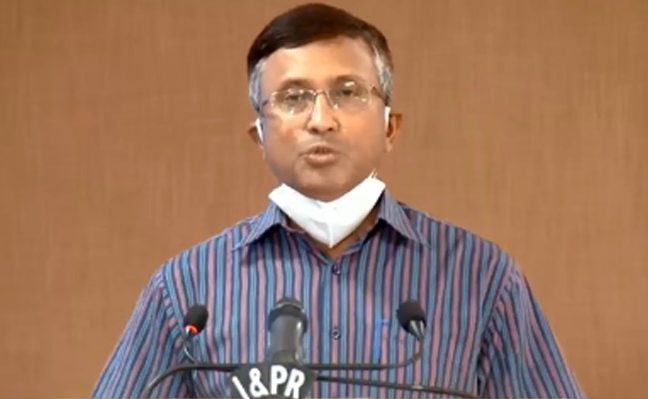Bhubaneswar: Amid sluggish economic activities due to the COVID-19 crisis, the Odisha Cabinet has approved amendments to the state’s industrial policy and labour laws to revive various sectors, an official said Thursday.
The process of granting trade licences will also be eased to reduce the burden on the business units, he said.
The Cabinet has also given its nod to enable industries to engage women workers in the night shift and increase the maximum limit of overtime working hours to 115 in a quarter, he said.
The amendments to the Industrial Policy Resolution (IPR) of 2007 and 2015 to provide value-added tax (VAT) reimbursement to industries will benefit around 300 businesses in the state, Chief Secretary Asit Kumar Tripathy said.
He said the amendments have been made to provide tax benefits to the industries, he said
“The fiscal benefits will be made available to all eligible units with effect from the introduction of the GST on July 1, 2017,” Tripathy said.
Apart from this, the government has revised the definition of priority and negative lists and downstream industries in the IPR-2015 to remove ambiguity in determining the eligibility of business units for various incentives, he said.
These amendments will encourage MSMEs and large industries to go for expansion, modernisation and diversification of existing units and also enable them to set up new units, he said.
“It will create new avenues for employment generation,” Tripathy said.
He said industrial units will be allowed to allot overtime working hours in a quarter for 115 hours, as against the earlier limit of 75 hours.
“It was also decided to amend the law so that women workers can be engaged from 7 pm to 6 am in industrial activities subject to their safety and security,” Tripathy said.
The government will start issuing provisional trade licence with a validity up to five years on the day of application, he said, adding that the establishments and contractors employing less than 50 contract labourers will not be required to obtain any registration certificate.
The Cabinet, in its meeting on Wednesday, had also approved a proposal to pay court fees through electronics mode and online filing of cases by industries, the official said.
Tripathy said these amendments aim at facilitating investment and generating additional employment.
“The objective is to create a more conducive and business-friendly atmosphere,” he added.
(PTI)
